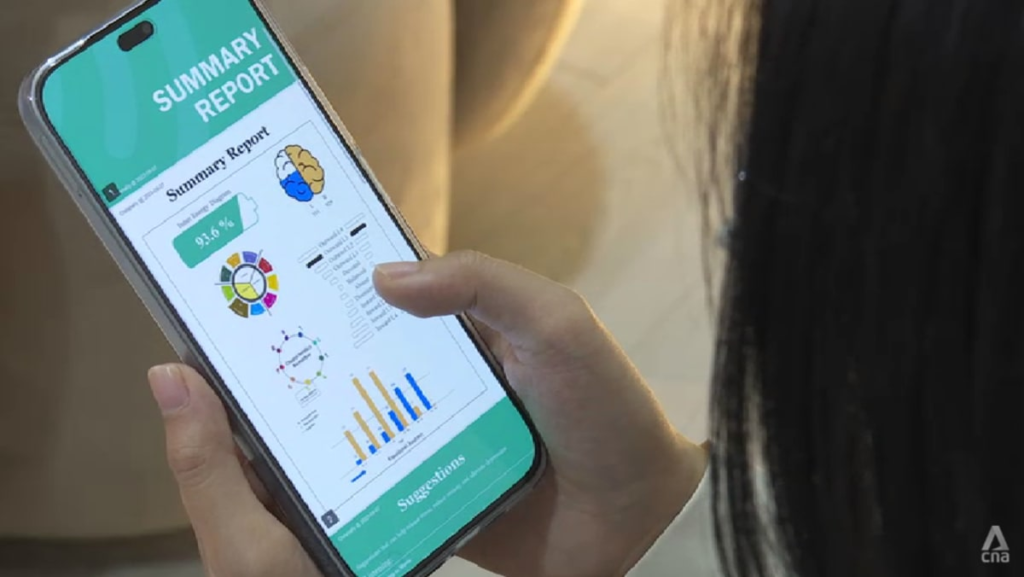AI and other technological tools can play a role in facilitating mental health support, but they cannot replace the nuanced understanding and empathy provided by human professionals. Dr Prem highlighted the importance of being culturally sensitive to the specific needs of individuals, emphasizing that technology has not yet fully learned to cater to different cultural backgrounds. Dr Maria Hennessy echoed this sentiment, noting that while AI and chatbots have potential, they are currently more of a dream than a reality in terms of effectiveness for individual care. She stressed the importance of empathy and rapport in mental health treatment, elements that are still lacking in AI-based solutions.
The development of AI technology in mental healthcare is still in its early stages, with much progress needed to reach a point where it can effectively replicate the human connection that is crucial for successful treatment. While AI and chatbots can provide basic information and communication, they currently lack the capacity to offer empathy and establish rapport with patients. Dr Hennessy noted that empathy and rapport contribute significantly to the effectiveness of mental health treatment, accounting for about 50% of the overall impact. Despite the limitations of current technology, observers believe that the use of AI is a step forward in promoting proactive mental health management, offering accessible information to those who may struggle to find it.
In addition to the challenges related to empathy and rapport, the implementation of AI in mental healthcare practices also raises concerns about data privacy and ethics. As technology continues to evolve and integrate into mental health services, it is essential to prioritize the protection of sensitive information and adhere to ethical guidelines. While AI and chatbots can provide valuable resources for individuals seeking information on mental health, they should not be viewed as substitutes for professional treatment. Dr Hennessy emphasized that while these tools have potential, they are not yet advanced enough to replace the insights and support provided by trained clinicians.
The potential of AI in mental healthcare lies in its ability to offer basic information and communication to individuals who may not have access to traditional mental health services. By providing easily accessible resources, AI can help individuals take a proactive approach to managing their mental well-being. However, it is crucial to recognize the limitations of current technology and the importance of human connection in mental health treatment. Dr Hennessy emphasized that while AI can be a valuable tool, it is not a replacement for the personalized care and support offered by mental health professionals. As the field continues to evolve, it will be essential to strike a balance between technological advancements and human-centered care.
Overall, the integration of AI and other technological tools in mental healthcare represents a positive step towards improving access to information and support for individuals struggling with mental health issues. While these tools may not yet be able to fully replicate the depth of understanding and empathy provided by human professionals, they can serve as valuable resources for individuals seeking assistance. Moving forward, it will be important to continue developing and refining AI technology to better meet the needs of diverse populations and address issues related to data privacy and ethics. By leveraging the potential of AI while acknowledging its limitations, mental health practitioners can offer a more holistic and comprehensive approach to supporting individuals in their mental well-being.












